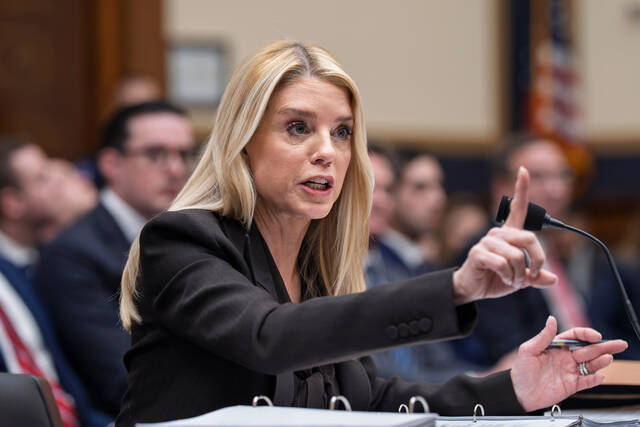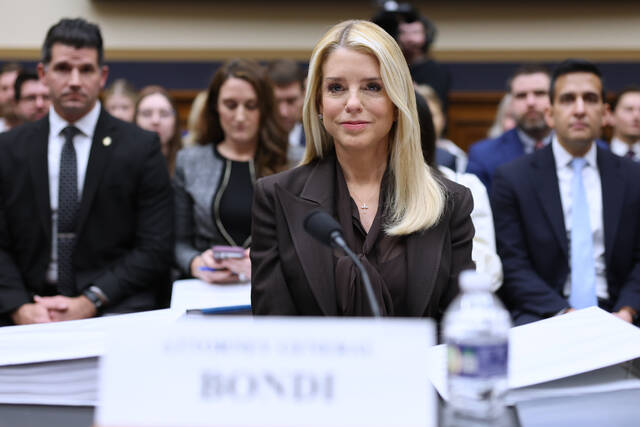As we near the finish line for the 2024 election, Pennsylvania seems to be the primary focus of both Vice President Kamala Harris and former President Donald Trump. Whomever wins this state seems very likely to also win the election and thus become the next president of the United States.
With all the attention focused on the election, some important reforms in the Keystone State are falling under the radar.
First, the Shapiro administration has been focused on cutting licensing processing time. These delays can keep qualified workers on the sideline—costing them time and money. This also means consumers have less choice in the market. Second, a license that was difficult to justify was eliminated. HB 1820 was signed by Gov. Josh Shapiro — eliminating a 300-hour training requirement for aspiring hair braiders.
Why are these reforms important? Should we fear that Pennsylvanians are now less safe? Most of the time, it is easy to know if what we are buying is good enough. We can rely on friends, recommendations, or even our own past experience.
But certain services are different. As consumers, we cannot be sure if the service is good before we buy. For someone mowing your lawn, this is no big deal. But sometimes, it can cause serious harm. Licensing laws are an attempt to solve this issue in two ways.
First, before an aspiring professional can practice, they must apply to a board of professionals for a license. To obtain the license, they must meet education requirements, receive hands-on training, and pass exams.
Second, licensing boards oversee practicing professionals. Those who fail to live up to professional standards can be punished, even having their license stripped and losing their ability to practice.
It might sound like licensing is pretty good and keeps us safe. Unfortunately, licensing laws work much better in theory than in practice. Economists do not find evidence that licensing laws improve the quality of services that consumers receive. In fact, just four of the 22 studies that test for the effect of licensing on quality find that licensing causes an improvement.
Even if the licensing requirements themselves fail to protect consumers, surely the oversight by a board of expert professionals do, right? Regrettably, the evidence says otherwise. Thanks to an executive order in Idaho in 2017, we have detailed descriptions of disciplinary actions from some of their licensing boards for five years. Our analysis shows that these boards are just as likely to enforce procedural requirements — often unrelated to service quality — as they are to address actual quality violations. And any disciplinary action, quality-related or not, was rare.
Licensing may not protect consumers, but it does protect professionals from competition. The entry requirements, which should improve quality for consumers, also make it harder to enter the profession. This has a tangible effect on people’s decisions to enter a licensed profession. In general, licensing laws reduce the number of licensed professionals by 25%.
Consumers may not receive better services from licensed professionals, but they do pay higher prices. That’s because, when we limit the number of professionals in a field, they can charge consumers more. The professionals who do make it through earn more, but not for offering better services. They gain by blocking out people from the profession entirely.
Based on the evidence, what should states do? First, they should contain the damage and not create new licenses. Every year, a plethora of licensing bills appear in statehouses across the country. Next, states can reduce burdensome licensing requirements, to reduce the negative effects of licensing. When licensing is unnecessary, states should remove it in favor of market competition or more targeted regulations that are more effective and less costly at protecting consumers.
The Shapiro administration deserves credit for recognizing the costs of occupational licensing and moving forward with reform. A lot more work remains to be done, but legislators and the executive branch in the Keystone State are taking important steps to remove unnecessary barriers for workers.
Conor Norris is the assistant director and Edward Timmons is director at the Knee Regulatory Research Center at West Virginia University. Timmons is also a senior research fellow with the Archbridge Institute.








